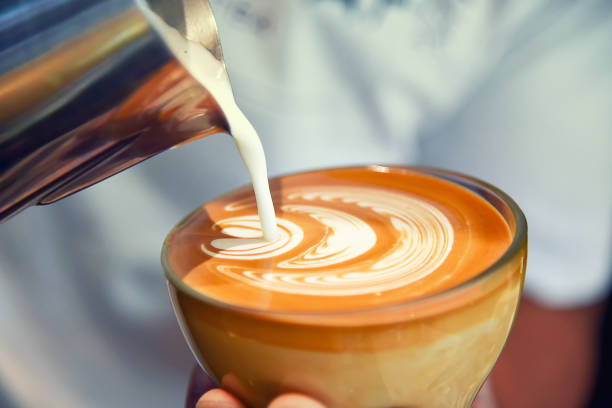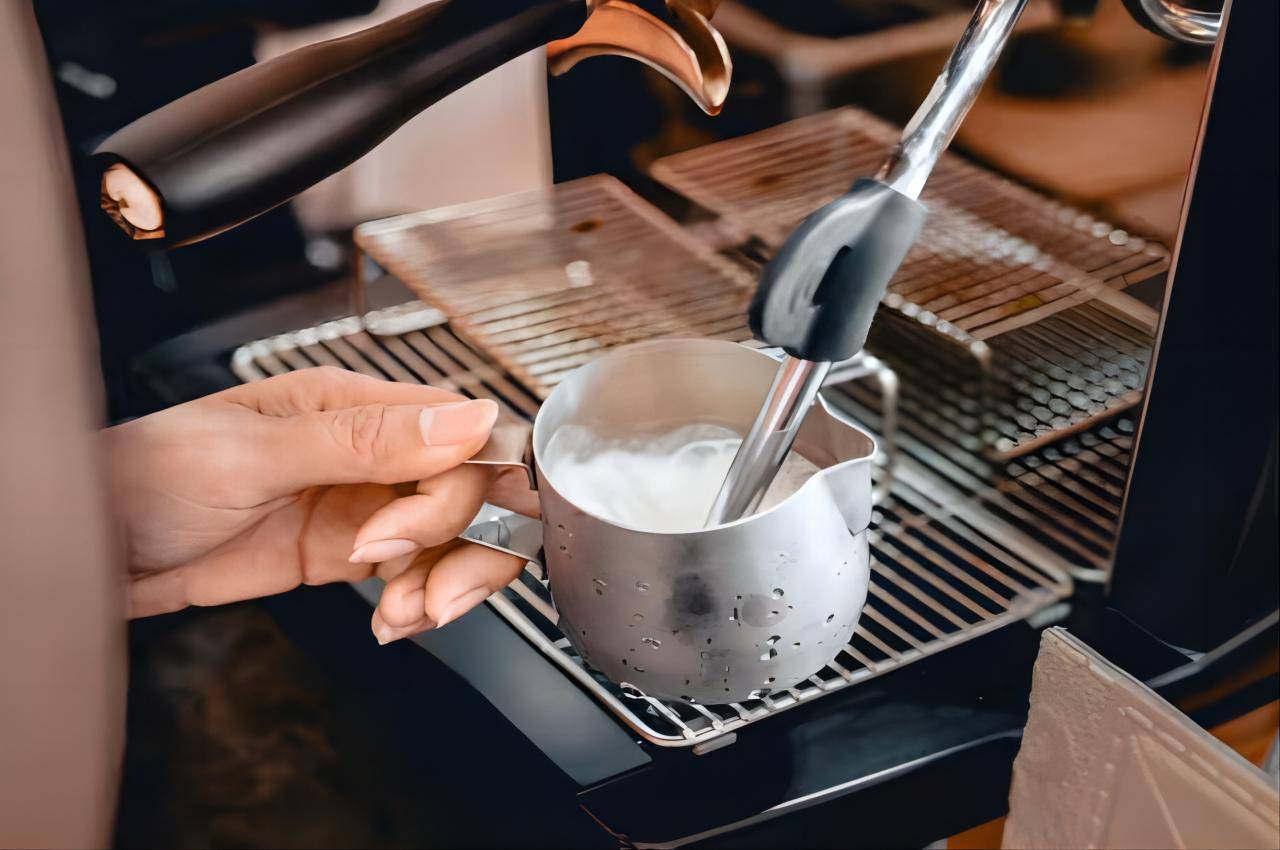Coffee Myths Debunked: Separating Fact from Fiction in Your Brew
Coffee is a ritual that invigorates, connects, and inspires millions across the United States. As coffee culture continues to evolve, so do the myths and misconceptions that surround our favorite brew. At Casabrews, we recognize that understanding your coffee goes beyond savoring its flavor—it’s about knowing the facts behind the myths. In this comprehensive guide, we’ll debunk some of the most common coffee myths using research and practical insights, so you can enjoy a perfectly informed cup every time.
Subscribe
To join our mailing list and never miss event update!
The Importance of Clarity in Your Coffee Routine
Myth #1: "Darker Roasts Have More Caffeine"

Myth #2: "Storing Beans in the Freezer Preserves Freshness"

Myth #3: "Grinding Beans in Advance Saves Time Without Loss of Quality"

Myth #4: "Filtered Water Doesn’t Matter If Your Beans Are Great"

Myth #5: "All Coffee Beans Are Created Equal"

The Value of Research and Experimentation
Final Words
Coffee is a fusion of tradition, science, and nuanced flavor. Dispelling myths—like darker roasts containing more caffeine or that freezing preserves freshness best—empowers you to refine your brewing routine and enjoy a superior cup. Whether you're a seasoned barista or just embarking on your coffee journey, understanding the true nature of your brew enhances every sip. Embrace these insights, experiment with your methods, and let your passion for coffee drive continual discovery. Every cup becomes a gateway into a vibrant culture defined by curiosity, research, and a shared love of the perfect brew.
Subscribe
To join our mailing list and never miss a baby update!




